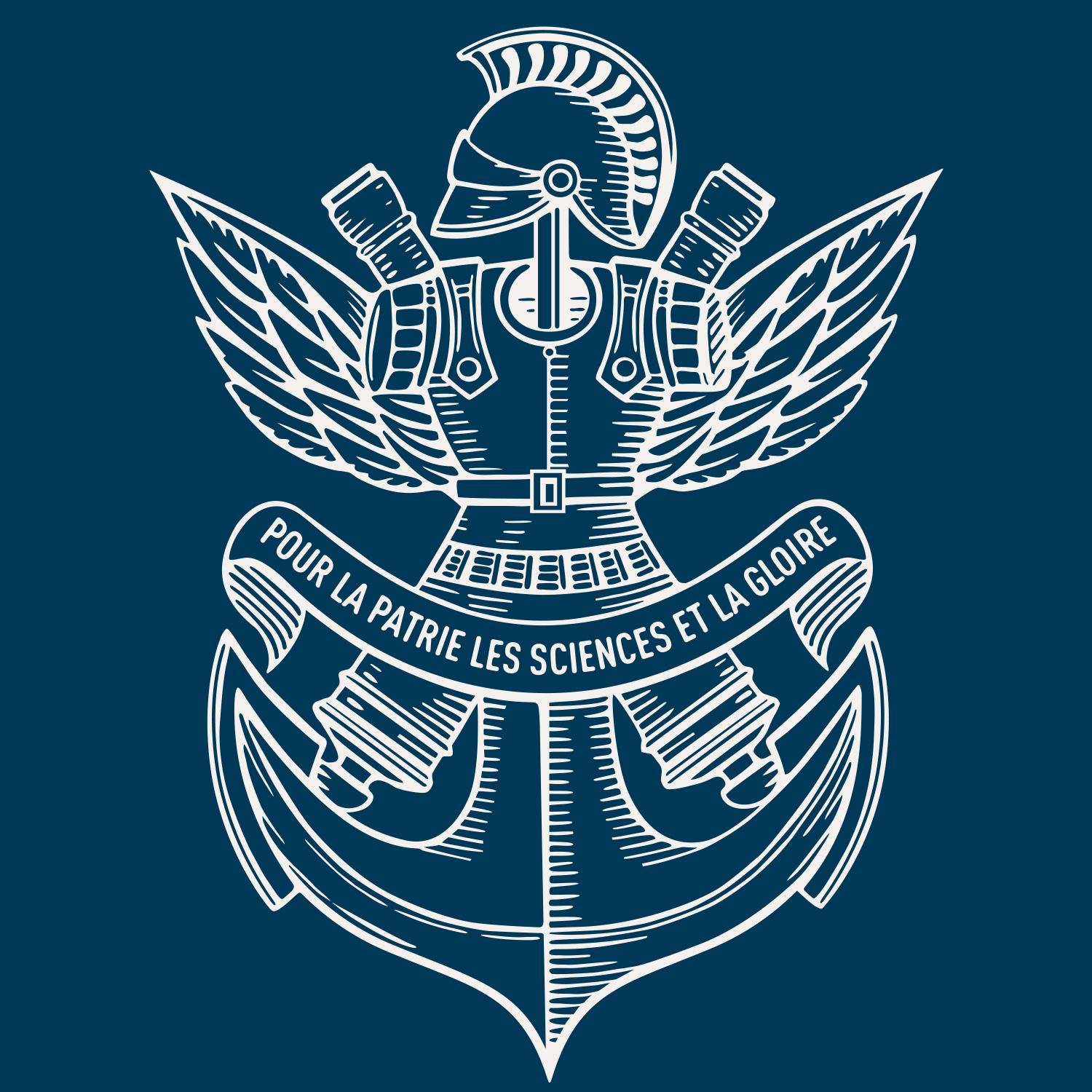DNA binding specificities of Escherichia coli Cas1–Cas2 integrase drive its recruitment at the CRISPR locus
Résumé
Prokaryotic adaptive immunity relies on the capture of fragments of invader DNA (protospacers) followed by their recombination at a dedicated acceptor DNA locus. This integrative mechanism, called adaptation, needs both Cas1 and Cas2 proteins. Here, we studied in vitro the binding of an Escherichia coli Cas1-Cas2 complex to various protospacer and acceptor DNA molecules. We show that, to form a long-lived ternary complex containing Cas1-Cas2, the acceptor DNA must carry a CRISPR locus, and the protospacer must not contain 3΄-single-stranded overhangs longer than 5 bases. In addition, the acceptor DNA must be supercoiled. Formation of the ternary complex is synergistic, in such that the binding of Cas1-Cas2 to acceptor DNA is reinforced in the presence of a protospacer. Mutagenesis analysis at the CRISPR locus indicates that the presence in the acceptor plasmid of the palindromic motif found in CRISPR repeats drives stable ternary complex formation. Most of the mutations in this motif are deleterious even if they do not prevent cruciform structure formation. The leader sequence of the CRISPR locus is fully dispensable. These DNA binding specificities of the Cas1-Cas2 integrase are likely to play a major role in the recruitment of this enzyme at the CRISPR locus.
Fichier principal
 gkw1309.pdf (3.35 Mo)
Télécharger le fichier
gkw1309_Supp.pdf (4.43 Mo)
Télécharger le fichier
gkw1309.pdf (3.35 Mo)
Télécharger le fichier
gkw1309_Supp.pdf (4.43 Mo)
Télécharger le fichier
| Origine | Fichiers éditeurs autorisés sur une archive ouverte |
|---|




